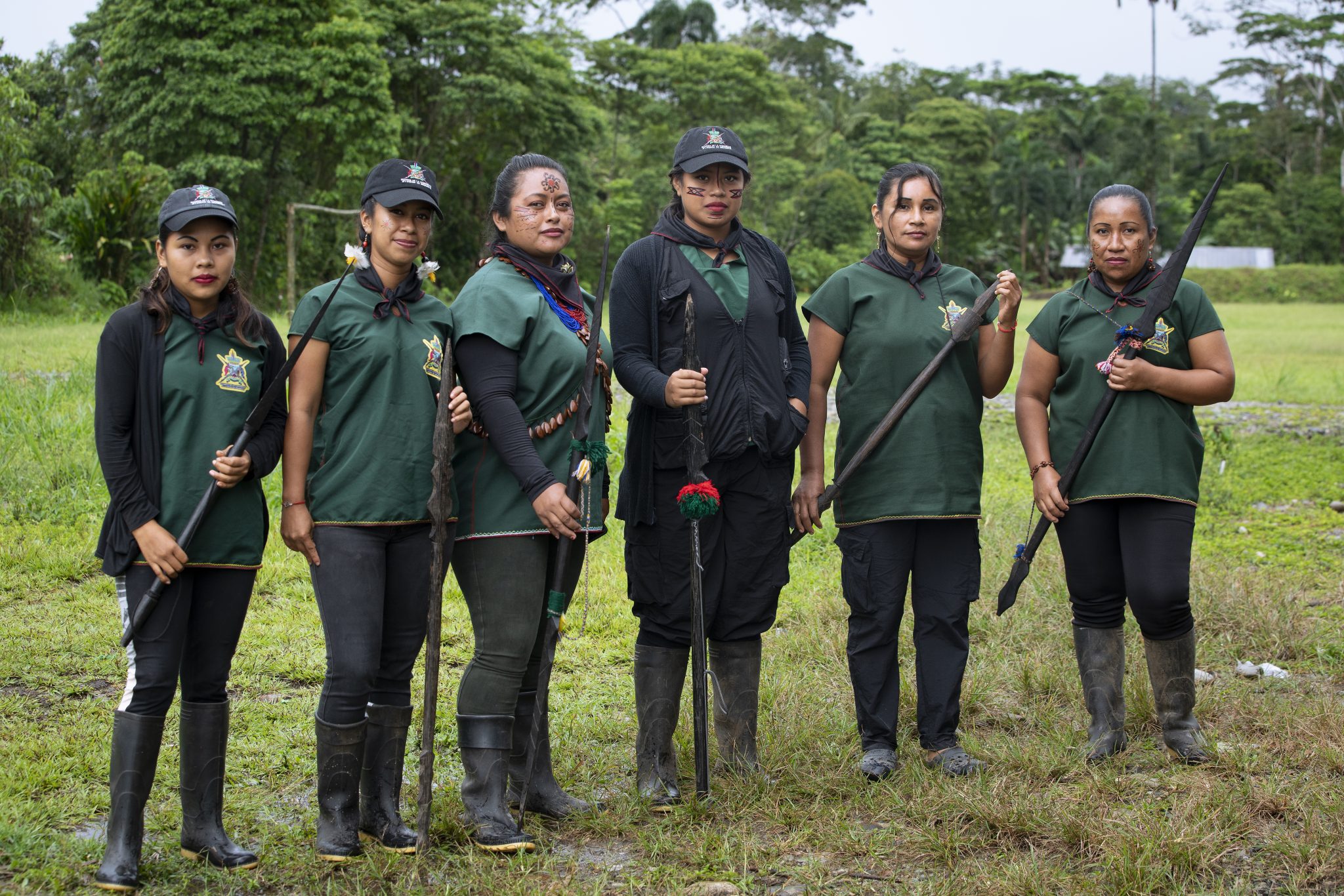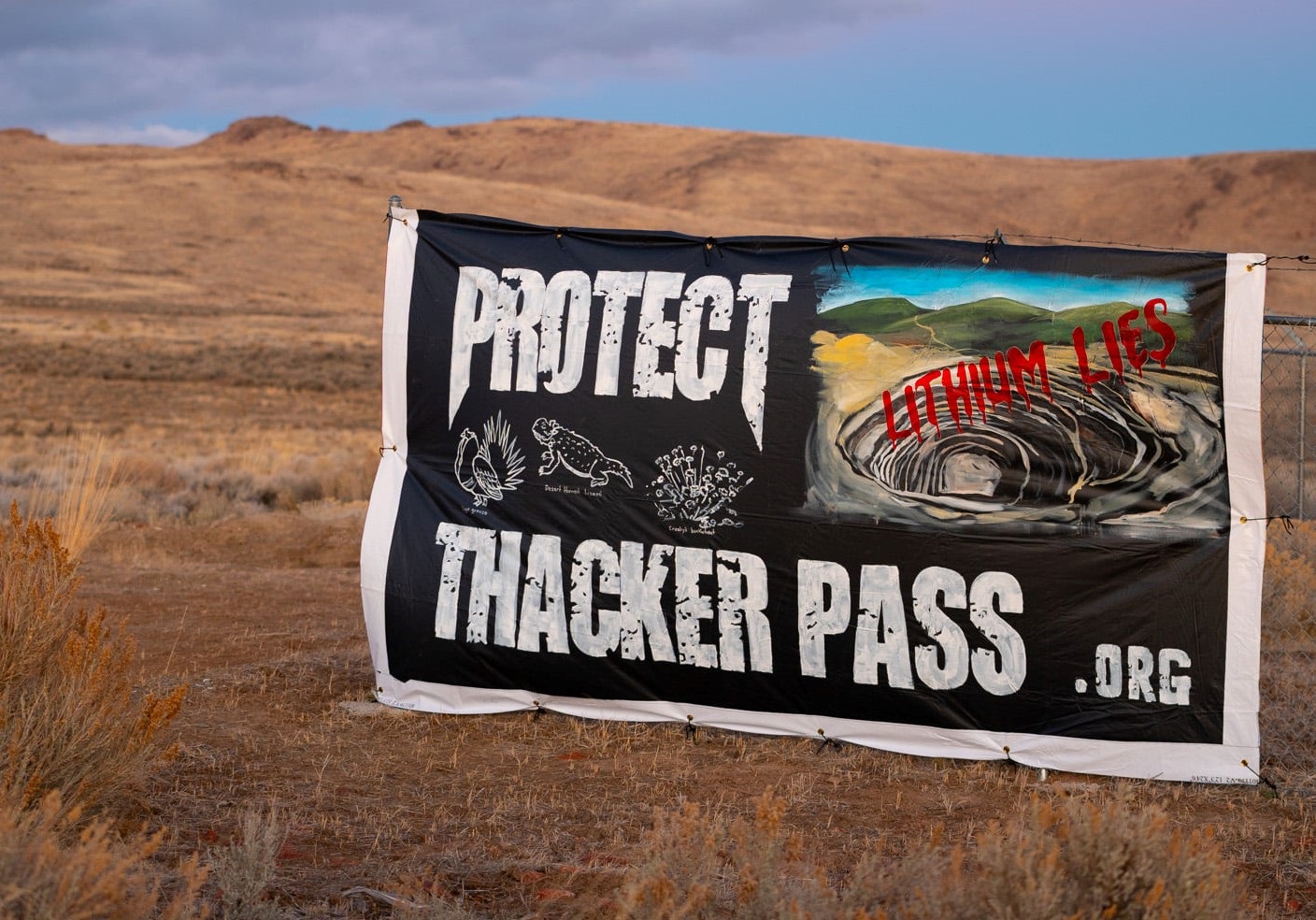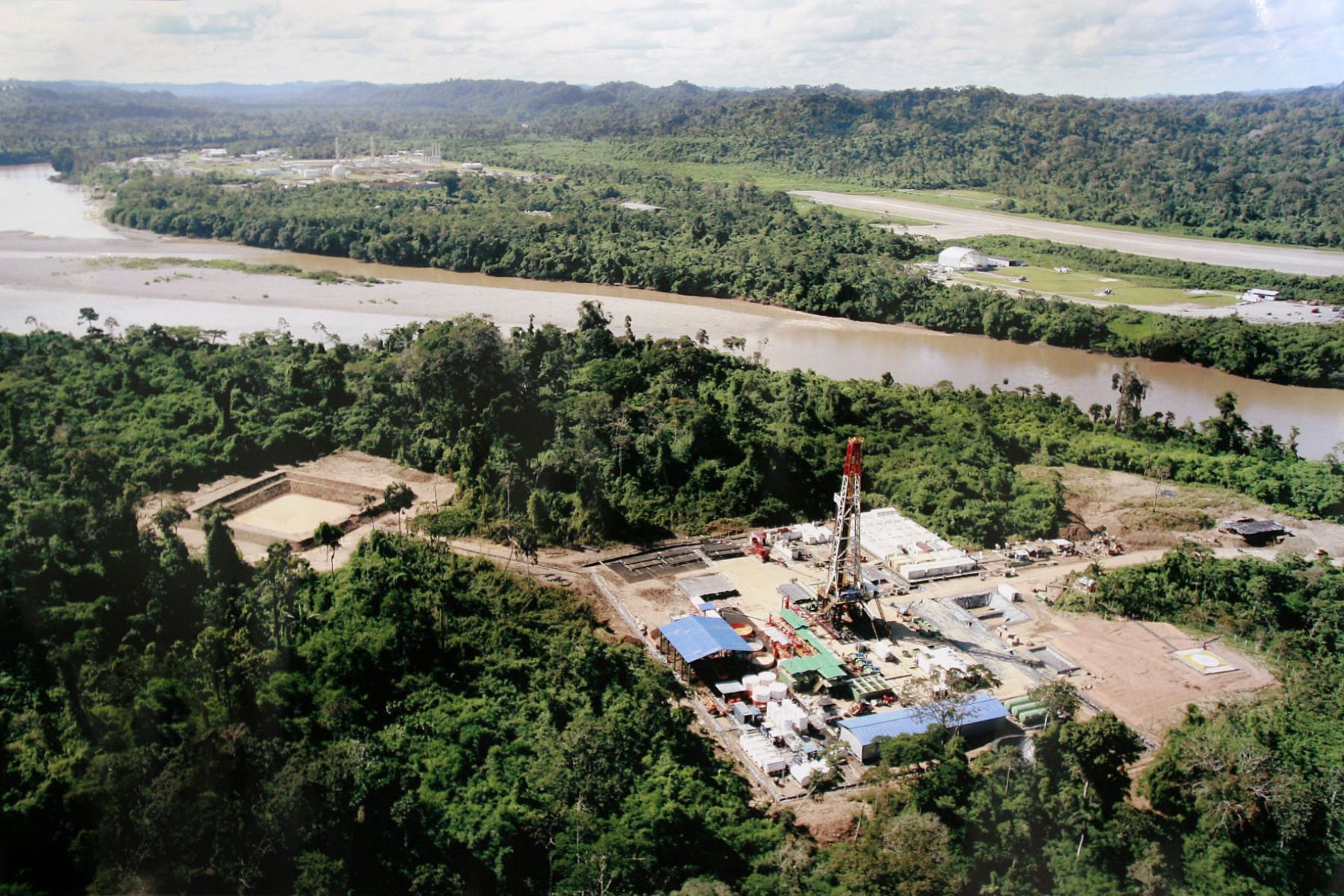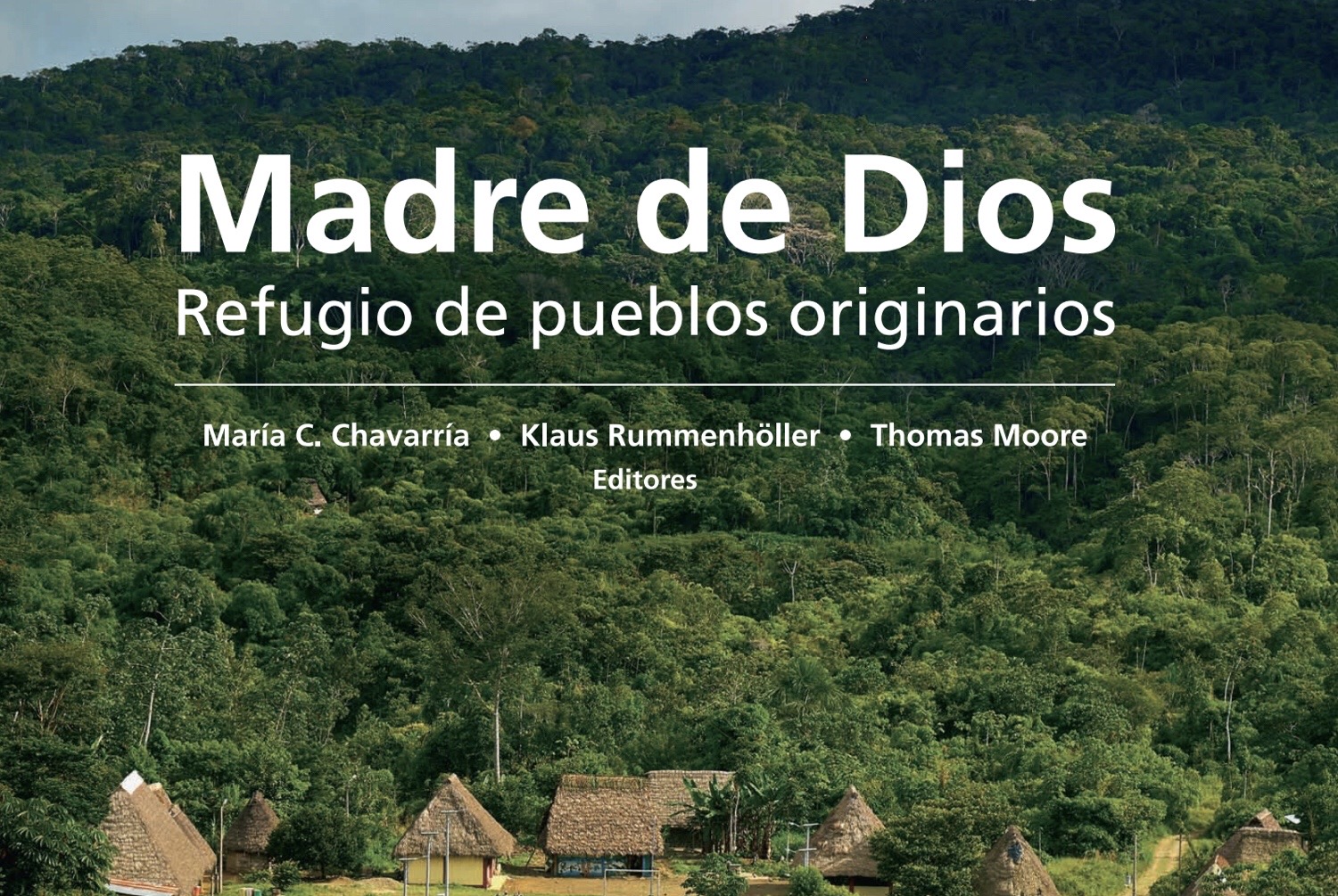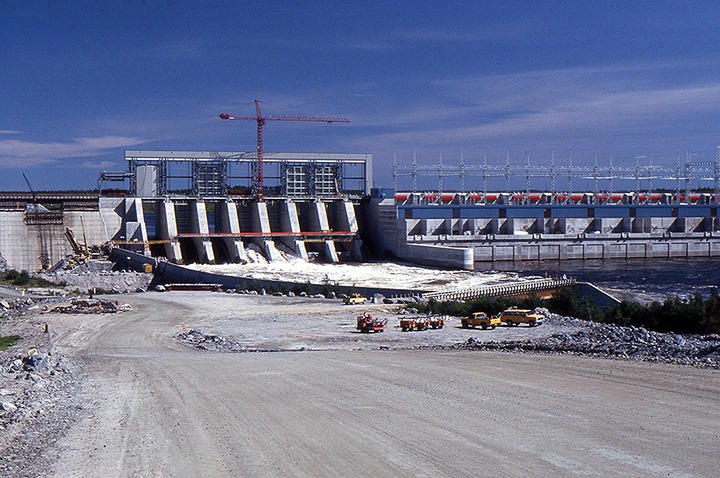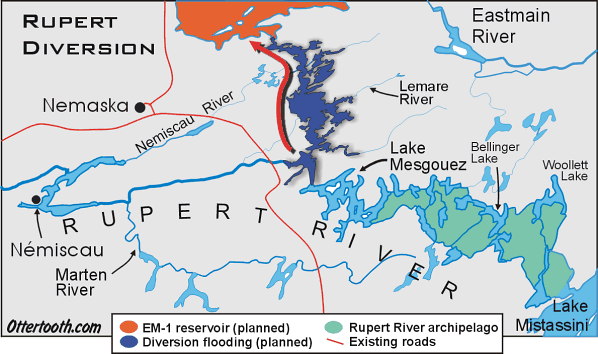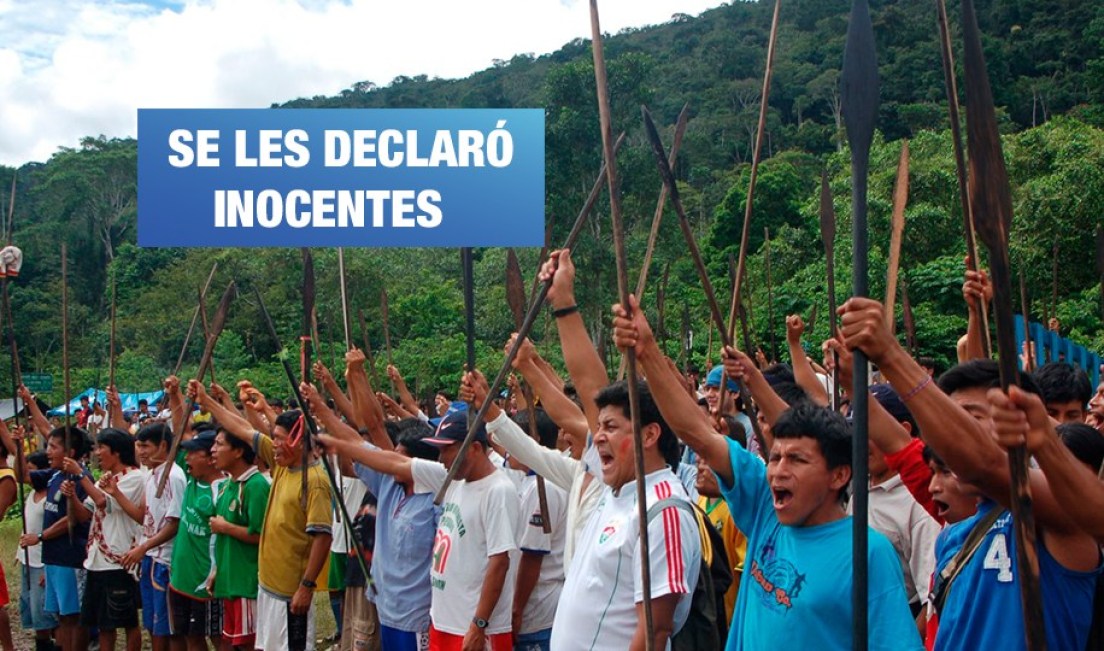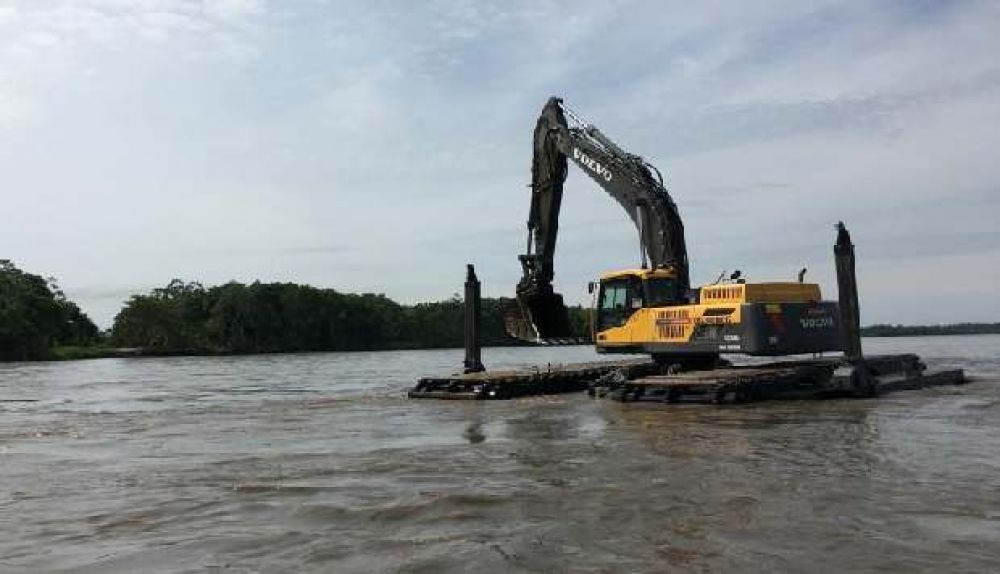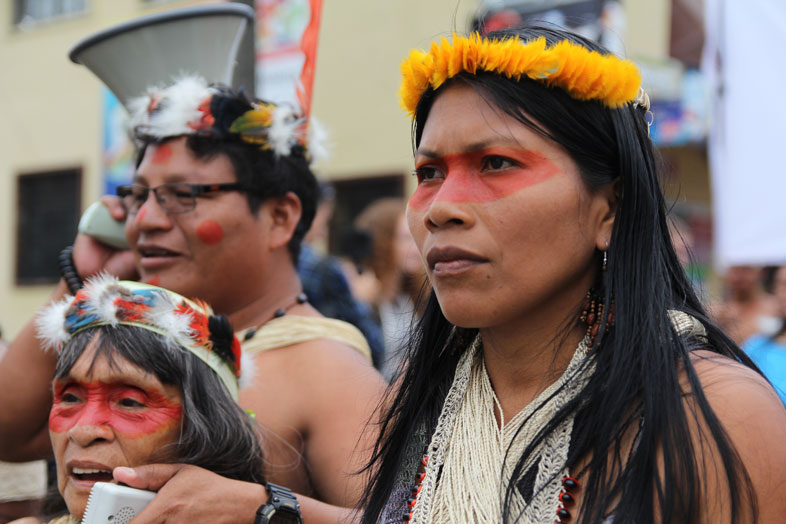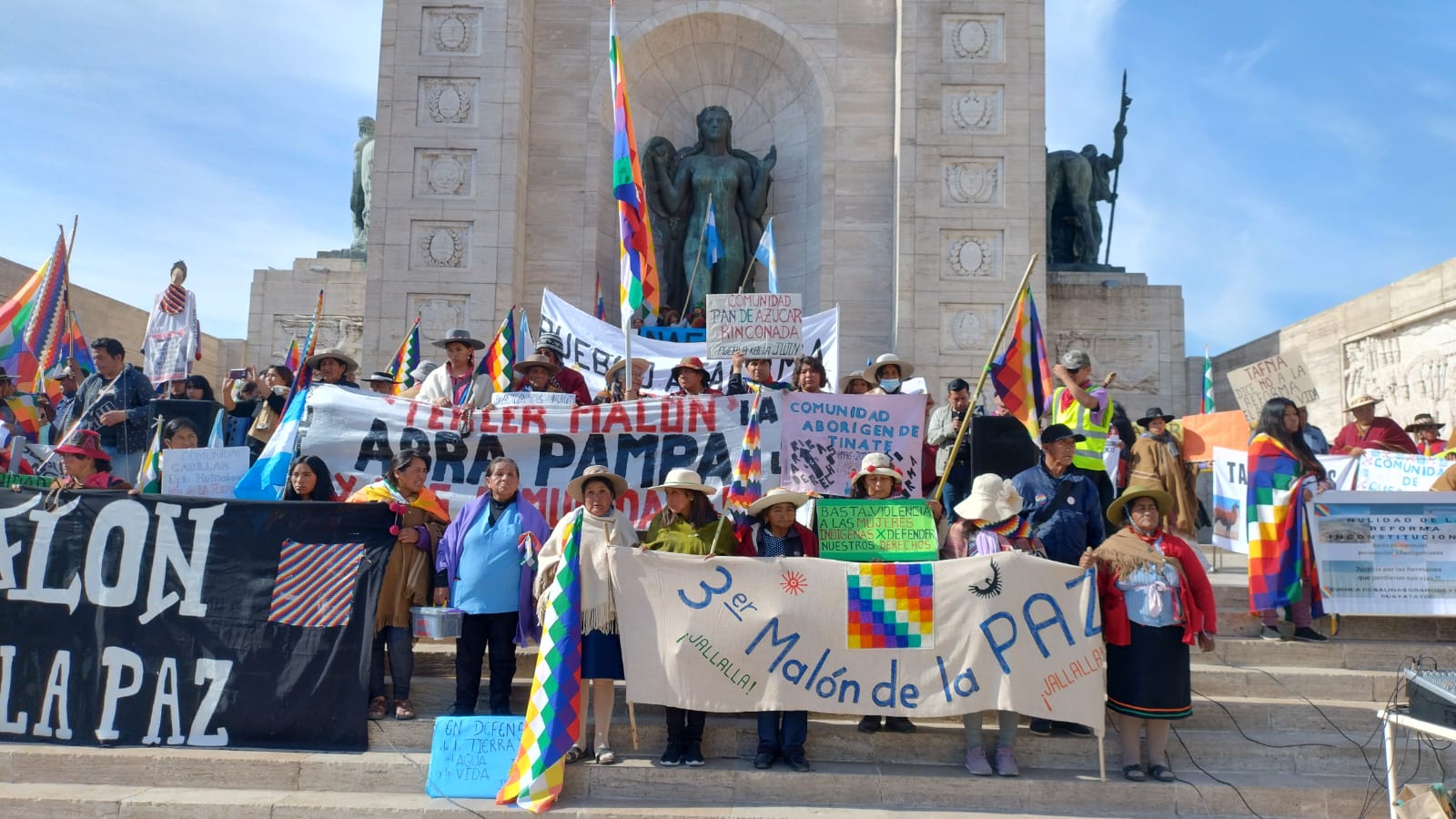
Argentina: indigenous march against lithium mining
Thousands of indigenous people from the northwestern Argentine province of Jujuy arrived in Buenos Aires after marching cross-country to protest a provincial constitutional reform allowing greater lithium extraction from the lands they reside on. The marchers said that increased mining of lithium would exacerbate drought conditions, and cause soil contamination and other environmental damage. The protesters called on the Argentine Supreme Court to strike down the reform, saying indigenous voices were largely left out of the debate that led to its approval. Justice Minister Martín Soria asked the court to declare the reform unconstitutional, citing indigenous rights concerns. (Photo: UAINE via Twitter)



